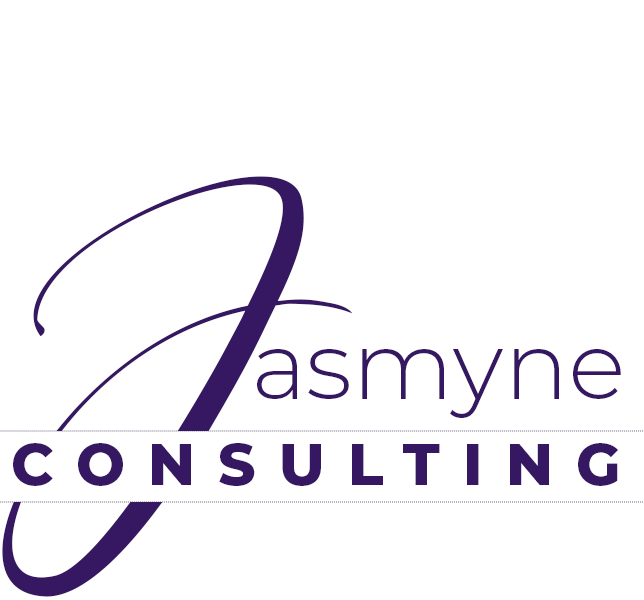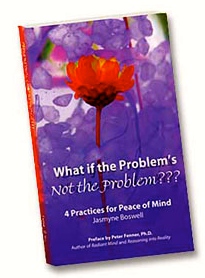“Who wants to become a writer? And why? Because it’s the answer to everything. … It’s the streaming reason for living. To note, to pin down, to build up, to create, to be astonished at nothing, to cherish the oddities, to let nothing go down the drain, to make something, to make a great flower out of life, even if it’s a cactus.”
—Enid Bagnold
Writing is Magical –
Writing is a magical and therapeutic resource. It’s a way of getting to what is in your heart and mind. Writing from your gut shows you the good, bad and ugly perspectives and beliefs that run your life. It’s immediate and it’s confidential.
This type of writing is also helpful for writing novels and memoirs. When you learn to get to the depth of feeling through your writing, you will write more believable characters and bring more aliveness to your writing in general.
Many of my clients have used the technique “morning pages” coined by Julia Cameron in The Artist’s Way. Using this technique involves writing three pages every day—preferably first thing in the morning—without lifting your pen from the page. This has also been called automatic writing, letting whatever is in your mind flow out and fill the empty page. You write, close your journal, take a deep breath and then proceed with your day.
As a writer/editor, I have often used this journal-type of writing adding the editing process for clarity on important decisions or bothersome conflicts. For instance, last week someone whose company I had previously enjoyed upset me. Worse, this person was someone I had to be around for the next few weeks. As time went by, I felt myself shutting down towards him, thinking negative thoughts about his every action. Even though I was aware that I was doing this, I didn’t seem to be able to stop.
I decided to write him a letter. I began by laying out my raw feelings. Once the paragraphs were formed, I edited them several times, weeding out the parts that felt like accusations. Thoughts of the letter followed me to bed, and I got up twice to tweak it. Before I finally fell asleep, I asked my mind for clarity. “Show me the truth of the matter.”
In the morning I went straight to my computer to reread the letter and edit it yet again. The more I worked on it, though, the more I began to see how I had taken his actions personally rather than seeing them as expressions of his personality. This insight was quickened and made possible through the writing and rewriting process. Later that day when I met with him, the negative thoughts and feelings were history.
Writing and editing my thoughts has saved me in many such situations. I’d like to share the finer points of this therapeutic process that can lead to self-discovery and sound decision-making.
- Write without editing—get it all out!
- Read what you’ve written and see how it feels and sounds
- Edit and continue tweaking it until you feel a shift —until the original annoyances or triggered feelings decrease
- Step away from the writing and ask for clarity—from the universe or wherever you seek help
- Edit and re-write until you feel at peace
When this process is used for dealing with a conflict, writing in letterform creates a one-sided conversation—the perfect listener. It allows you to see your thought process progress. When your process is complete, you may choose to send the letter or delete it. Either way, getting it all out can show you where the original feeling began and how it escalated. Using this process, I have saved myself the embarrassment of falsely blaming another for my pathology.
If you like challenging yourself, create/write about a character or a situation prior to doing this exercise. Then do the exercise. Once the exercise is complete, go back to your original creation and see what you might change. Would love to hear about your process – jasmyne@jasmyneconsulting.com
Enjoy!
Find more articles like this on my website www.jasmyneconsulting.com


